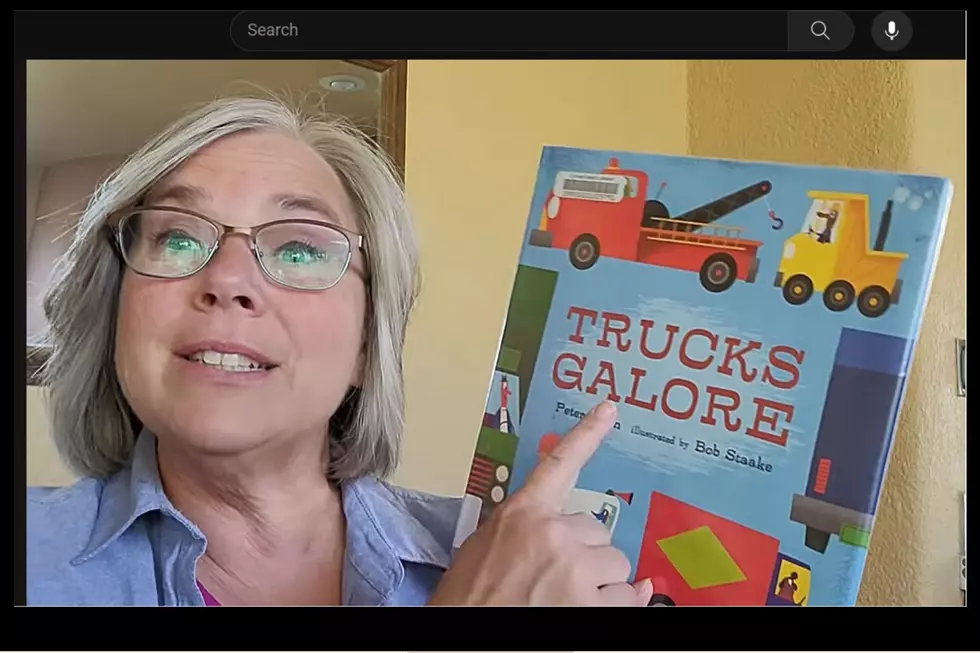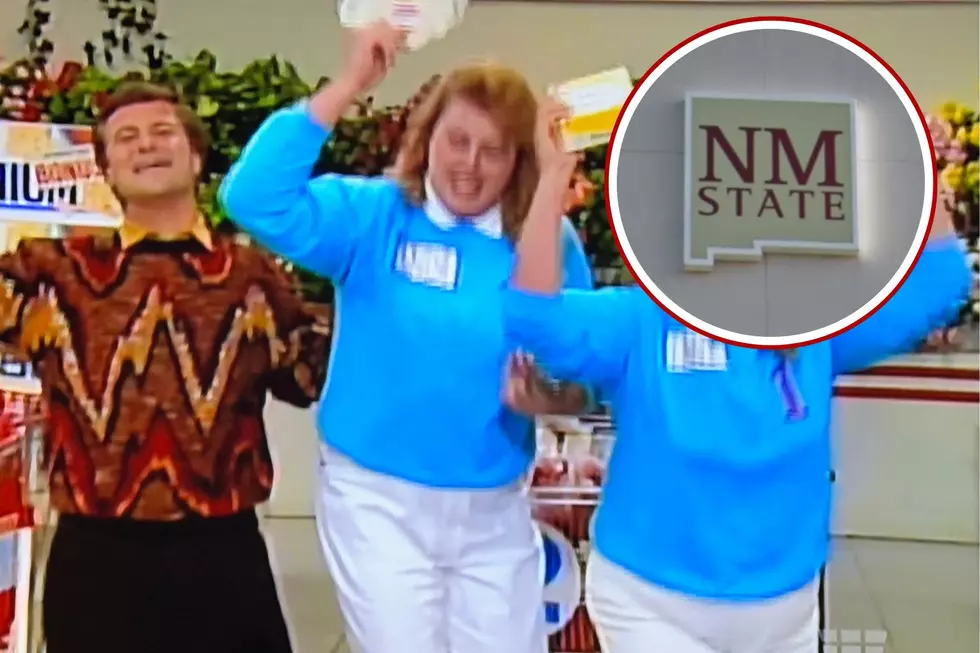
Support a Great Cause This Month at the Walk to End Alzheimer’s
This month, the Walk To End Alzheimer's event is raising money to try and end Alzheimer's disease. On Saturday, October 19th the El Paso community is coming together to support our local chapter of the Alzheimer's Association at their Walk To End Alzheimer's event.
The Alzheimer's Association Walk To End Alzheimer's unites over 600 communities to raise funds and awareness for Alzheimer's care, support, and research. This event is all ages and there's no fee to register! People simply must fundraise in order to contribute to the cause and raise awareness. The event will consist of a beautiful rose ceremony for participants before the 1-mile walk around the track. There will also be vendors, exhibits, food trucks and more on-site for you to peruse and enjoy.
The Walk To End Alzheimer's Event starts at 9:30 a.m and registration is at 8 a.m. The opening ceremony will begin at 9 a.m. Sunland Park Racetrack and Casino is located at 1200 Futurity Drive in Sunland Park, New Mexico. For more information about the El Paso Walk To End Alzheimer's contact Thelma Ramos at (915) 544-1799. You can register for the walk and donate through their website.
Alzheimer's is a disease that affects many families not only here but all over the world. 50 million people around the world suffer from Alzheimer's and other types of dementia. Specifically, Alzheimer's is a degenerative disease that has symptoms like:
- Confusion about time or where they are
- Difficulty completing everyday tasks or familiar activities
- memory loss that disrupts their everyday life
- Trouble planning or solving problems
You can read the top 10 symptoms of Alzheimer's at the Alzheimer's Association website. The Alzheimer's Association works to help people who either suffer from dementia and Alzheimer's as well as caregivers for loved ones with the disease. As the diseases progress, there are various stages that must be acknowledged and the types of care and support change too. While in the beginning stages of dementia, most patients require support from loved ones and caregivers, the late stages involve intensive care that helps with the quality of life and dignity.
More From KLAQ El Paso









